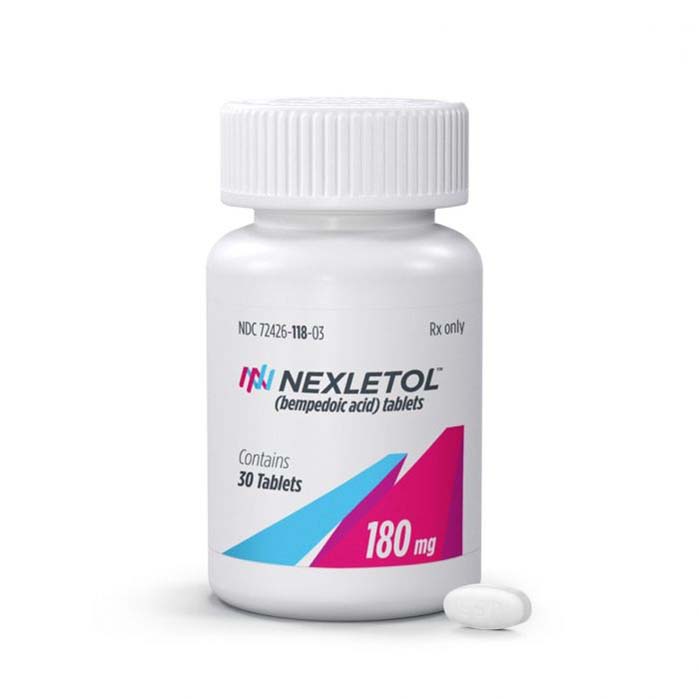

Buy Verquvo (vericiguat) Online
From $292.60
- DISEASE INDICATIONS: Risk of cardiovascular events
- MANUFACTURER: Merck
- USAGE: Oral
- MEDICINE APPROVED BY:
- European Medical Agency (EMA)
- Food and Drug Administration (FDA)
Verquvo is a prescription tablet used to treat chronic heart failure in adults with reduced ejection fraction. The medication is taken orally, with or without food, once every day. The dosage may vary depending on the patient’s age, weight and general health, and it works by relaxing blood vessels through the production of cGMP.

Buy Verquvo (vericiguat) Online
From $292.60
- Description
- Additional information
- Reviews (0)
Description
Verquvo (vericiguat) is a prescription medication used for the treatment of chronic heart failure in adults with reduced ejection fraction. Verquvo tablets are manufactured by Merck & Co., Inc. in the form of 2.5 mg, 5 mg, and 10 mg dosages.
Uses:
Verquvo is used to treat chronic heart failure in adults with reduced ejection fraction. It is used in combination with other heart failure medications to improve symptoms and reduce the risk of hospitalization.
HOW TO USE:
Verquvo should be taken orally, with or without food, once daily. Patients should take the medication at the same time each day. The tablets should be swallowed whole, without crushing, breaking, or chewing them.
Dosage:
The recommended dose of Verquvo is 2.5 mg, 5 mg, or 10 mg once daily, depending on the patient’s age, weight, and overall health status. The dosage may be adjusted by the healthcare provider based on the patient’s response to the treatment.
Mechanism of action:
Verquvo works by increasing the production of cyclic guanosine monophosphate (cGMP) in the body. cGMP is a molecule that relaxes the blood vessels and reduces the work the heart has to do to pump blood, thereby improving the symptoms of heart failure.
Storage Conditions:
Verquvo should be stored at room temperature (between 68°F to 77°F). The medication should be kept in the original container and away from moisture and heat. Patients should check the expiration date before using the medication.
Precautions:
Patients should inform their healthcare provider of any allergies or medical conditions before taking Verquvo. Patients should inform their healthcare provider of other medications they are taking, including over-the-counter medications, vitamins, and herbal supplements. Verquvo should not be used by women who are pregnant or breastfeeding.
Interactions:
Verquvo may interact with other medications that affect blood pressure, such as angiotensin-converting enzyme (ACE) inhibitors and diuretics. It may also interact with medications used to treat erectile dysfunction, such as sildenafil and tadalafil. Patients should inform their healthcare provider of any other medications they are taking to avoid potential interactions.
Contraindications:
Verquvo should not be used by patients who have a history of allergic reactions to the medication or any of its components. It should not be used during pregnancy or breastfeeding. Verquvo should also not be used in patients with severe renal impairment or severe hepatic impairment.
Side effects:
Common side effects of Verquvo include low blood pressure, headache, diarrhea, and nausea. Less common side effects may include dizziness, fatigue, and stomach pain. Rare but serious side effects may include an allergic reaction, vision problems, and liver problems.
Overdose:
Currently, there is limited information on the specific symptoms that may occur with a Verquvo overdose. In case of an overdose, patients should seek immediate medical attention.
In conclusion, Verquvo is a medication used to treat chronic heart failure in adults with reduced ejection fraction. It is taken orally once daily and comes in 2.5 mg, 5 mg, and 10 mg dosages. Precautions, interactions, contraindications, and side effects should be considered. Proper storage conditions should be maintained at room temperature. In case of an overdose, medical attention should be sought immediately. Verquvo works by increasing the production of cGMP, which relaxes blood vessels and reduces the workload of the heart.
Additional information
| Package | 14 tablets of 2.5 mg, 14 tablets of 5 mg, 30 count bottle of 2.5 mg tablets, 30 count bottle of 5 mg tablets, 30 count bottle of 10 mg tablets, 90 count bottle of 10 mg tablets, 98 tablets x 5 mg |
|---|
Be the first to review “Buy Verquvo (vericiguat) Online” Cancel reply
Related Products

Buy Entresto (sacubitril/valsartan) Online
Total Sales: 0
SKU: 673191






Reviews
There are no reviews yet.